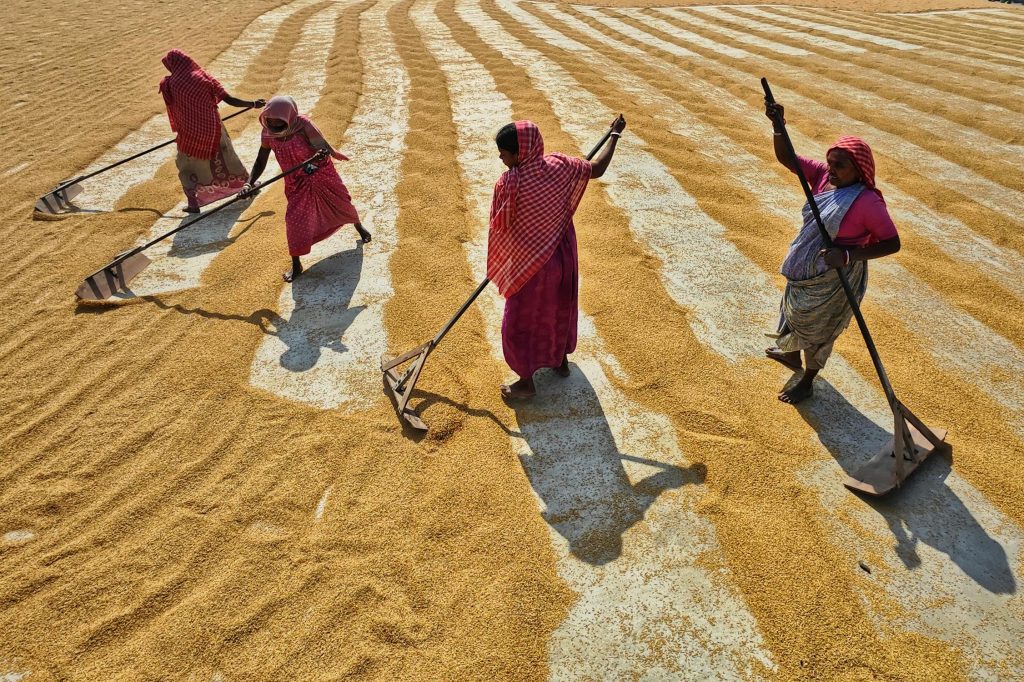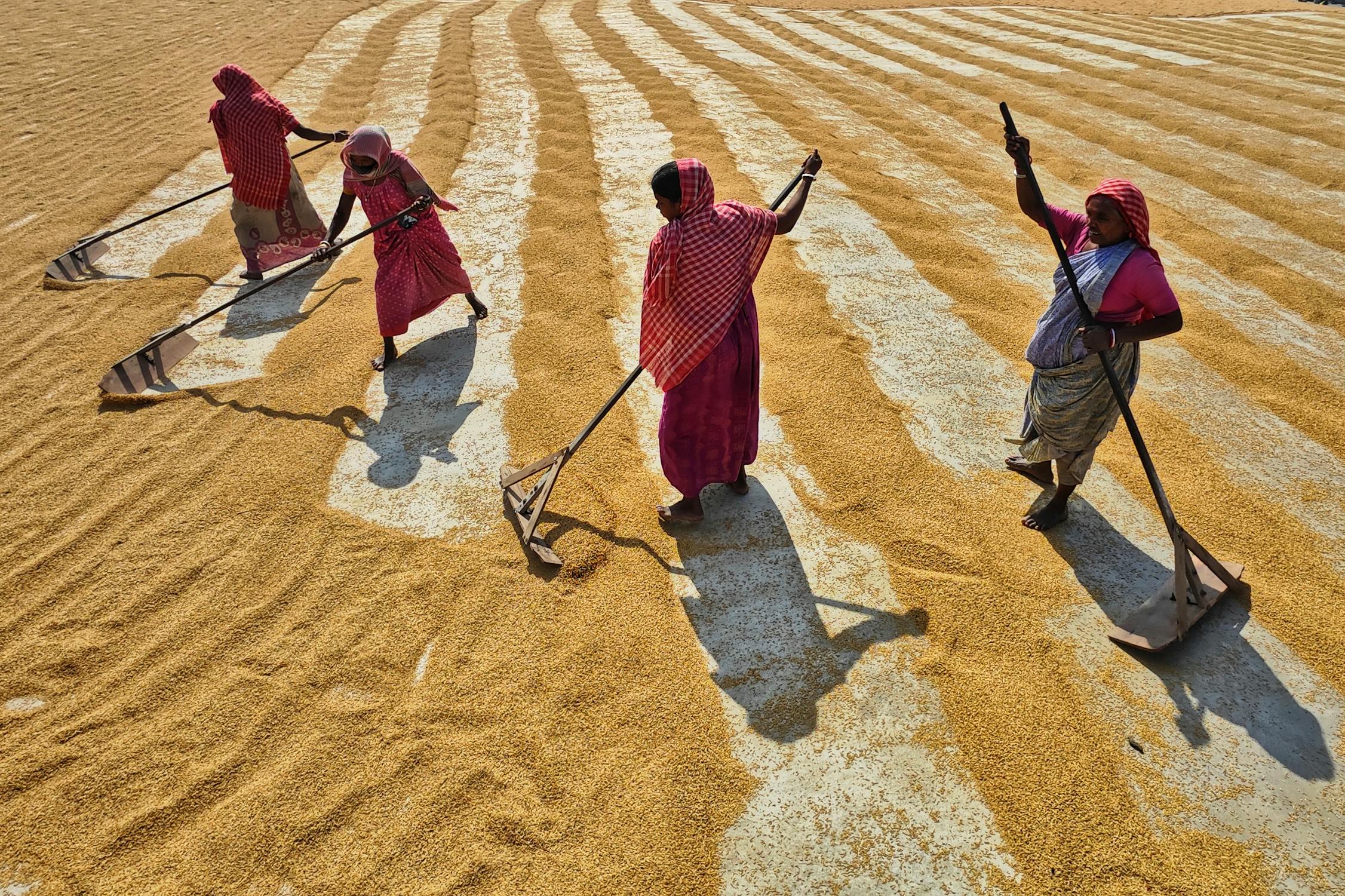Women farmers reclaim the future across India with eco-conscious farming, seed sovereignty, and a silent revolution that redefines climate leadership and agriculture.

A Silent Yet Powerful Shift
Women farmers reclaim the future — and they do so with little recognition. Across India, from Kerala to Karnataka, women are leading one of the most transformative ecological movements of our time. Their work speaks louder than words. It nurtures the soil, restores biodiversity, and reclaims agricultural autonomy from industrial forces.
Farming That Heals
This revolution isn’t loud, but it is loud in impact. On small plots and community farms, women cultivate lush, diverse crops using traditional, chemical-free techniques. These are not just farms — they are healing spaces. Each harvest is a testament to resilience. Each seed is a symbol of rebellion.
Seed Banks: A Legacy of Knowledge
Every region tells a story. And in this story, seed banks play a crucial role. These living collections, curated and preserved by women, hold centuries of agricultural knowledge. They are passed from mother to daughter, farmer to farmer. In preserving these seeds, women farmers reclaim the future of food security and biodiversity.
Challenging the Industrial Model
The modern agricultural model often sidelines women. Official data ignores them. But while systems overlook, these women quietly reshape farming from the roots. Their efforts challenge chemical-dependent, monoculture-heavy models. They prove that farming rooted in ecology and equality is not only possible — it’s already thriving.
Culture, Climate, and Change
These women are not just producing food. They’re safeguarding culture. They’re breaking down gender norms. Their work provides powerful, low-cost, and scalable climate solutions. It’s on their land that real change is growing — not in air-conditioned boardrooms or polished policy papers.
Hope Planted in the Soil
By resisting extractive systems and choosing regeneration, these farmers offer the world an alternative. They remind us that the future of farming doesn’t need to be high-tech to be high-impact. It needs to be rooted, relational, and resilient.
“We do not inherit the earth from our ancestors; we borrow it from our children,” one farmer shared — her fields proof of this philosophy in action.








Comments are closed.